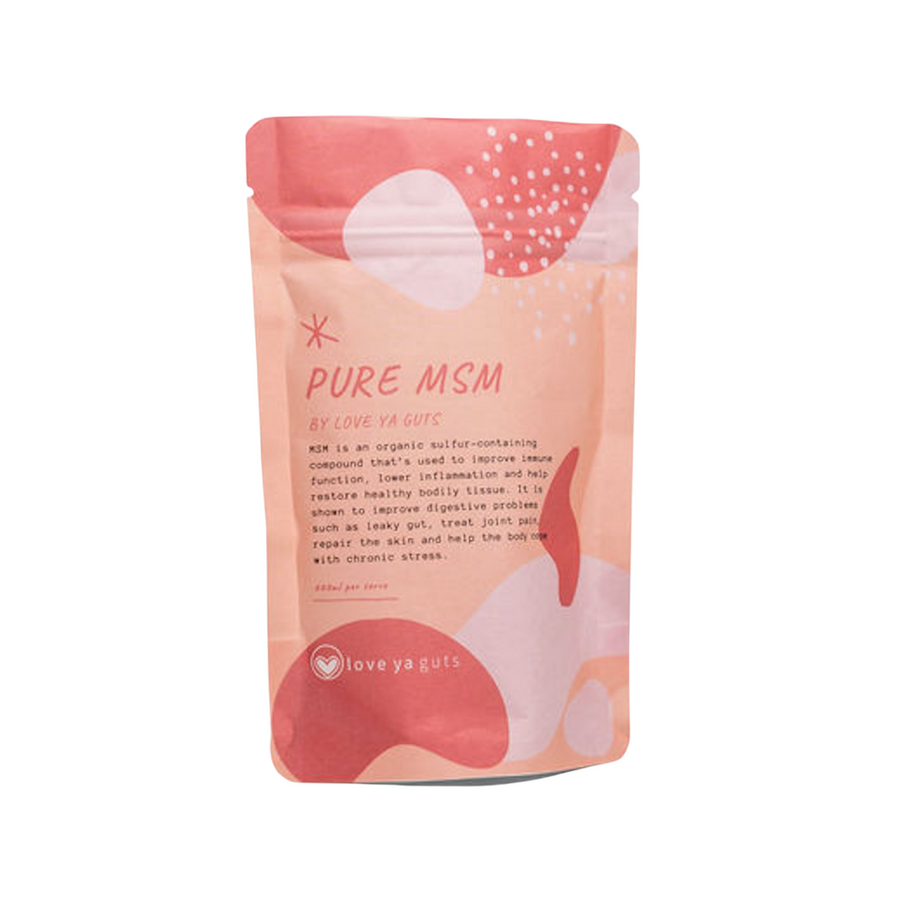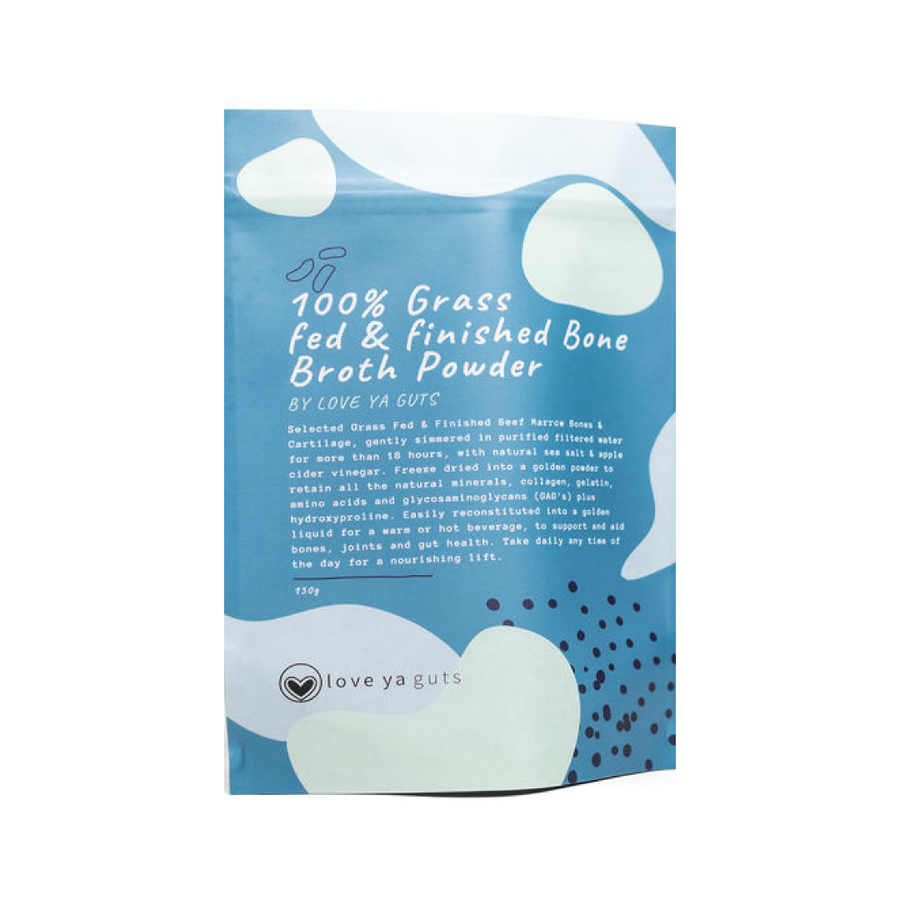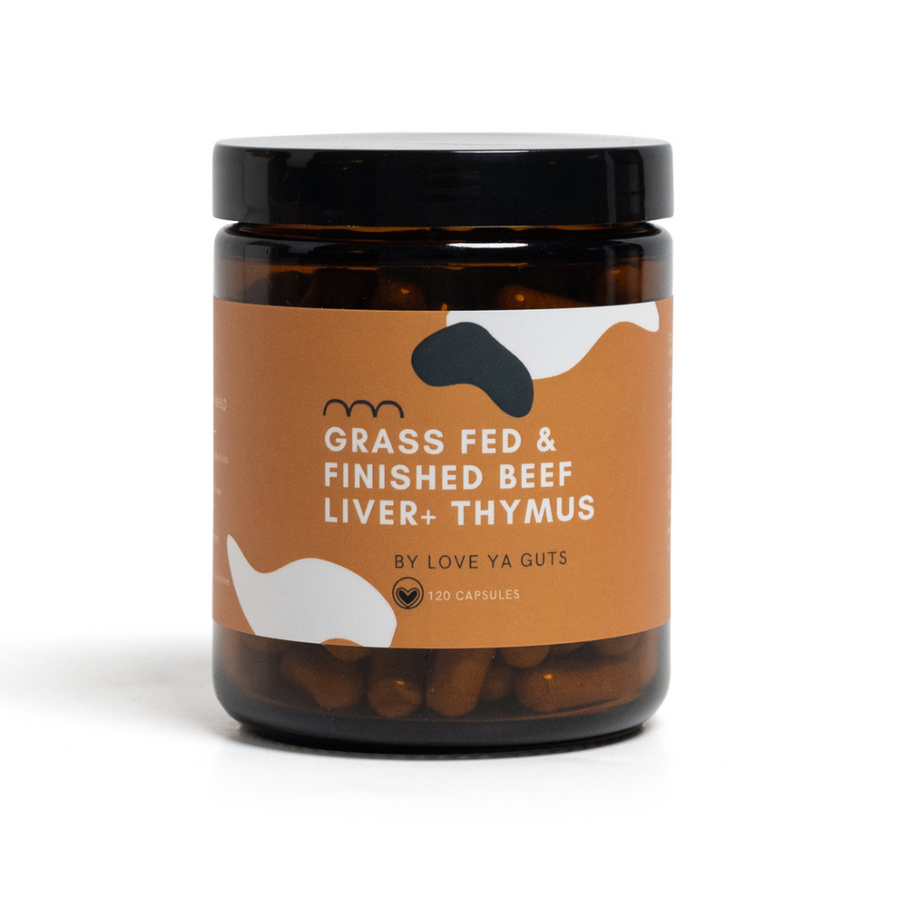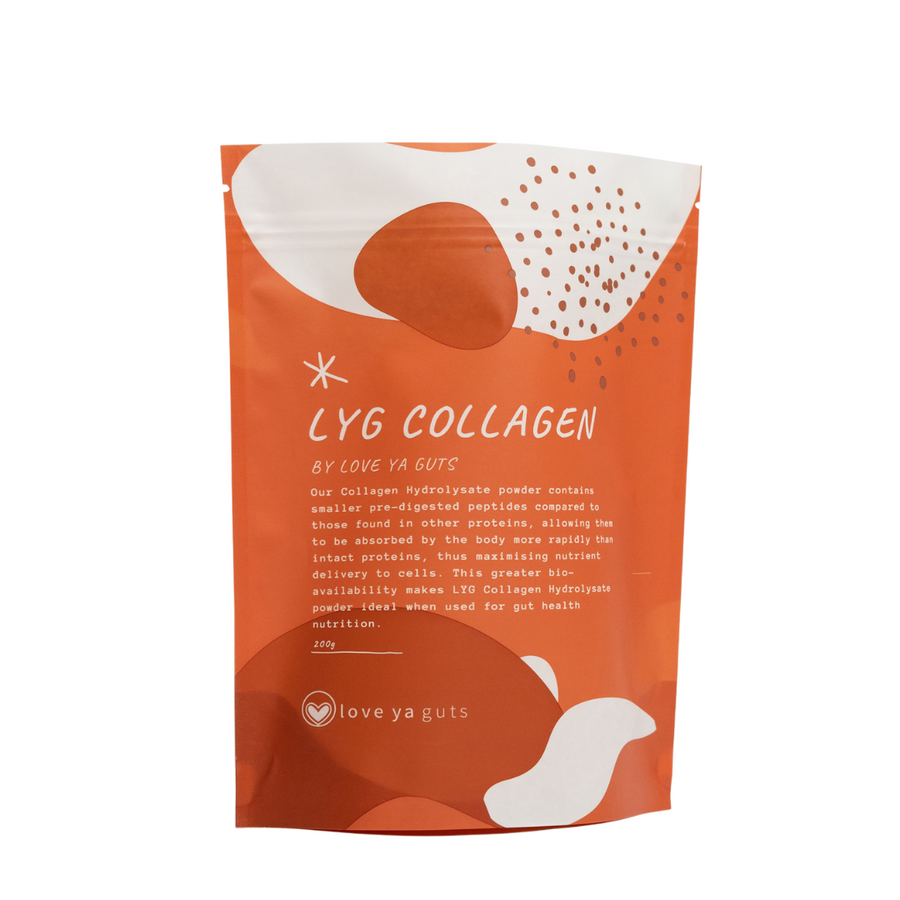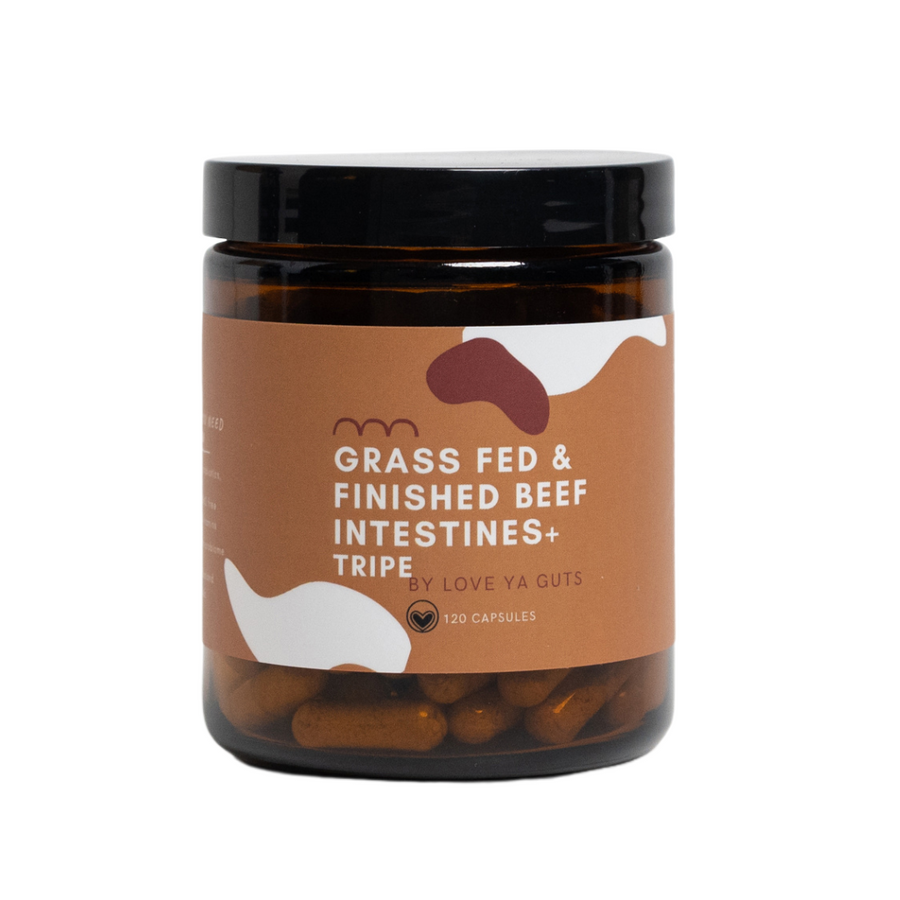Part 2: Saturated Fats, Cholesterol and Red Meat. Is saturated fats in red meat causing high cholesterol?
PART 2: Saturated Fats, Cholesterol and Red Meat
Now that we have taken a deep dive into the different categories of fat and their roles in the body we can look more specifically at Cholesterol and Saturated Fats. Go back to Part One of this series if you haven't read it yet.
There has been a long term saying that eating too many saturated fats/ cholesterol will raise blood cholesterol in the body and predispose you to heart conditions. In particular, red meat has been demonised for the saturated fat content and at the for front of foods to limit for a healthy diet.
But what’s the truth about saturated fat? Does Saturated fat raise our cholesterol levels in the blood?
My answer: NO and here is why.
The statement that eating cholesterol and saturated fat raises cholesterol in our blood and increases heart disease originated with studies more than half a century ago. More recent (and higher quality) evidence DOES NOT SUPPORT IT.
In 1955 at the World Health Organisation offered what became known as the Fat hypothesis, which claimed dietary fat raised cholesterol, subsequently increasing heart disease.
Initially, this targeted dietary fat as the culprit, but over time, the argument was modified to point the finger solely at saturated fat. Whereas unsaturated fat in vegetable oils could benefit health, he claimed, saturated fats create adverse affects.
The American Heart Association and our own dietary guidelines quickly embraced this hypothesis, warning that butter, eggs, meat, and other saturated fat-rich foods contributed to heart disease and emphasised a low-fat diet will prevent heart disease.
The issue with the World Health Organisations evidence is that the data was CHERRY PICKED, conveniently excluding whatever didn’t fit the hypothesis. So, the fact that the countries that had the highest rate of heart disease ALSO had the highest intakes of sugar and refined carbohydrates was completely left out of the study.
Not to mention that the type of saturated fats that were consumed was not mentioned one bit.
LETS LOOK AT CHOLESTEROL
There are two types of Cholesterol that we should be concerned with:
- HDL (high density lipoprotein) = good cholesterol
- LDL (Low density lipoprotein) = Bad cholesterol
The ratio of these is what is SUPER important when looking at fats and heart disease.
25% of cholesterol in the body comes from our diet and 75% is produced in our body by the liver.
Much of the cholesterol found in food CAN’T BE ABSORBED. The body tightly regulates the amount of cholesterol in the blood by controlling the production in our body.
**** When cholesterol intake in the diet goes down, the body makes more. When cholesterol intake in the diet goes up, the body makes less.
In other words eating cholesterol does not change blood cholesterol levels as the body regulates these in response.
SATURATED FATS AND CHOLESTEROL
Long term studies have not shown an association between saturated fat intake and blood cholesterol levels. What is actually found is that when we consume more saturated fat - especially from health sources like coconut oil our good HDL cholesterol increases and the bad LDL cholesterol decreases
**** Remember that quality of saturated fats is PARAMOUNT here. The saturated fat in a McDonalds cheeseburger will have an entirely different effect than saturated fat in coconut oil.
SATURATED FATS AND RED MEAT
FIRSTLY… Red meat has been demonised because of it’s saturated fat content BUT when you look into the fat content in meat there is actually more unsaturated fat than saturated fat. Typically the main fat in meat is MONOUNSATURATED FAT (if you go back to my post breaking down eat fat you will see how GREAT this is). I am not saying that saturated fat is worse than unsaturated, this is just stating a nutritional fact.
SECOND… We can’t talk about red meat without defining the difference between grain fed or grass fed. BECAUSE THERE IS A BIG DIFFERENCE.
This is where the type of saturated fat comes into play.
Grass-fed beef compared to grain fed beef contains more stearic acid (a type of saturated fat) that DOESN’T increase cholesterol. In fact this type of saturated fat has been shown to decrease LDL levels.
Grass-Fed beef contains lower palmitic acid and myristic acid, two saturated fats that can potentially raise cholesterol.
In my next post I will focus primarily on why I recommend including grass fed red meat into your diet!!
So when you take a deep dive into the world of fat, saturated fat, cholesterol and heart disease, you eventually don’t come up with much that supports the hypothesis that saturated fat and cholesterol increase blood cholesterol and increase heart disease. There is no real evidence that shows that fat is the problem. It is sugar that we should be focusing on
Discover How Love Ya Guts Box Can Help Transform Your Gut Health
- Get to the root cause of bloating rather than just treating symptoms
- Beat Reflux, Heartburn & Low stomach acid
- Soothes the stomach and assist with issues such as IBS symptoms so you can feel comfortable within your body
- Get rid of sugar cravings
- Boosts your metabolism & control blood sugar to make weight loss almost effortless
- Balance hormones so your body can function how it was meant to but also help with having a balanced mood















